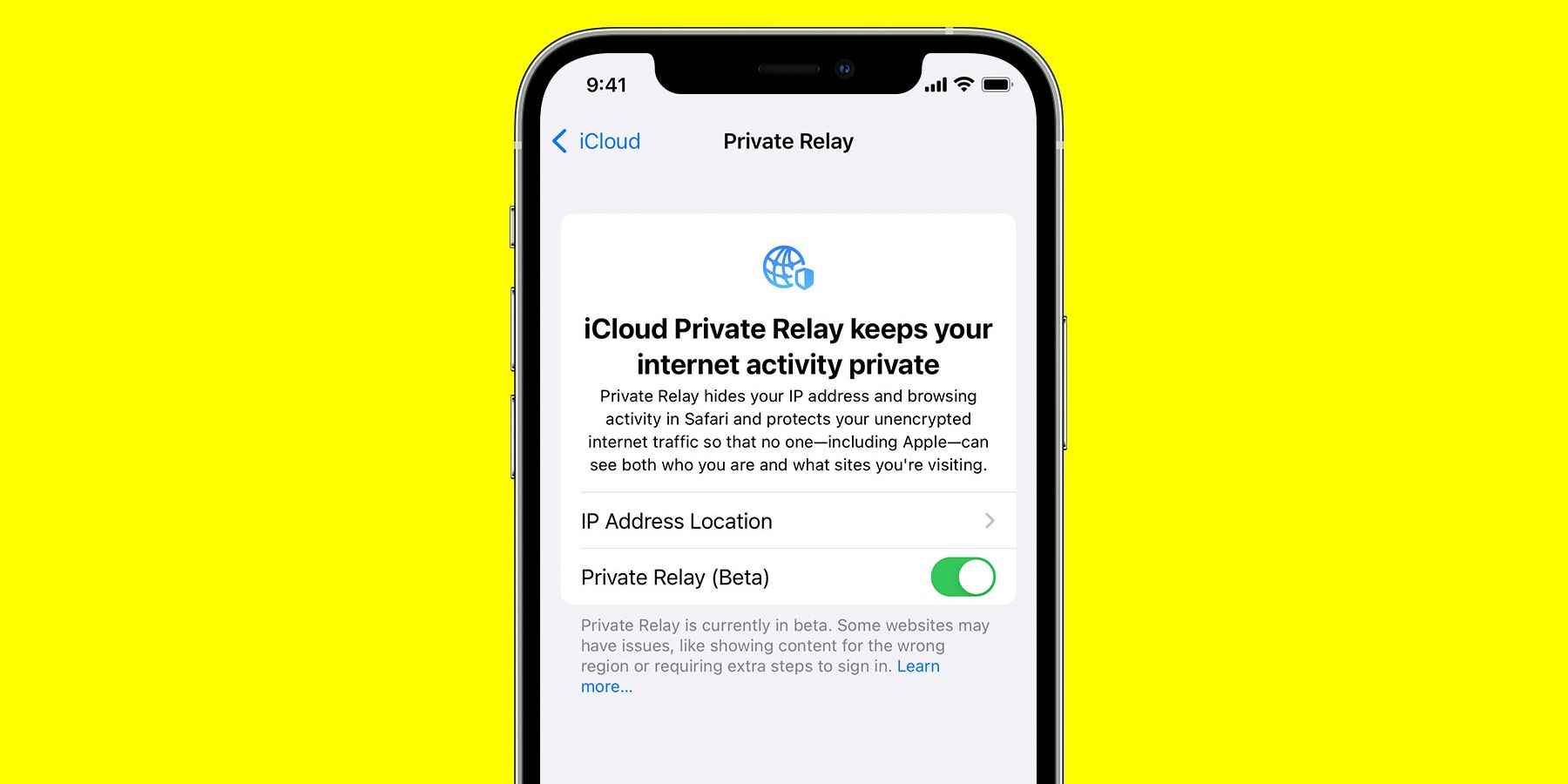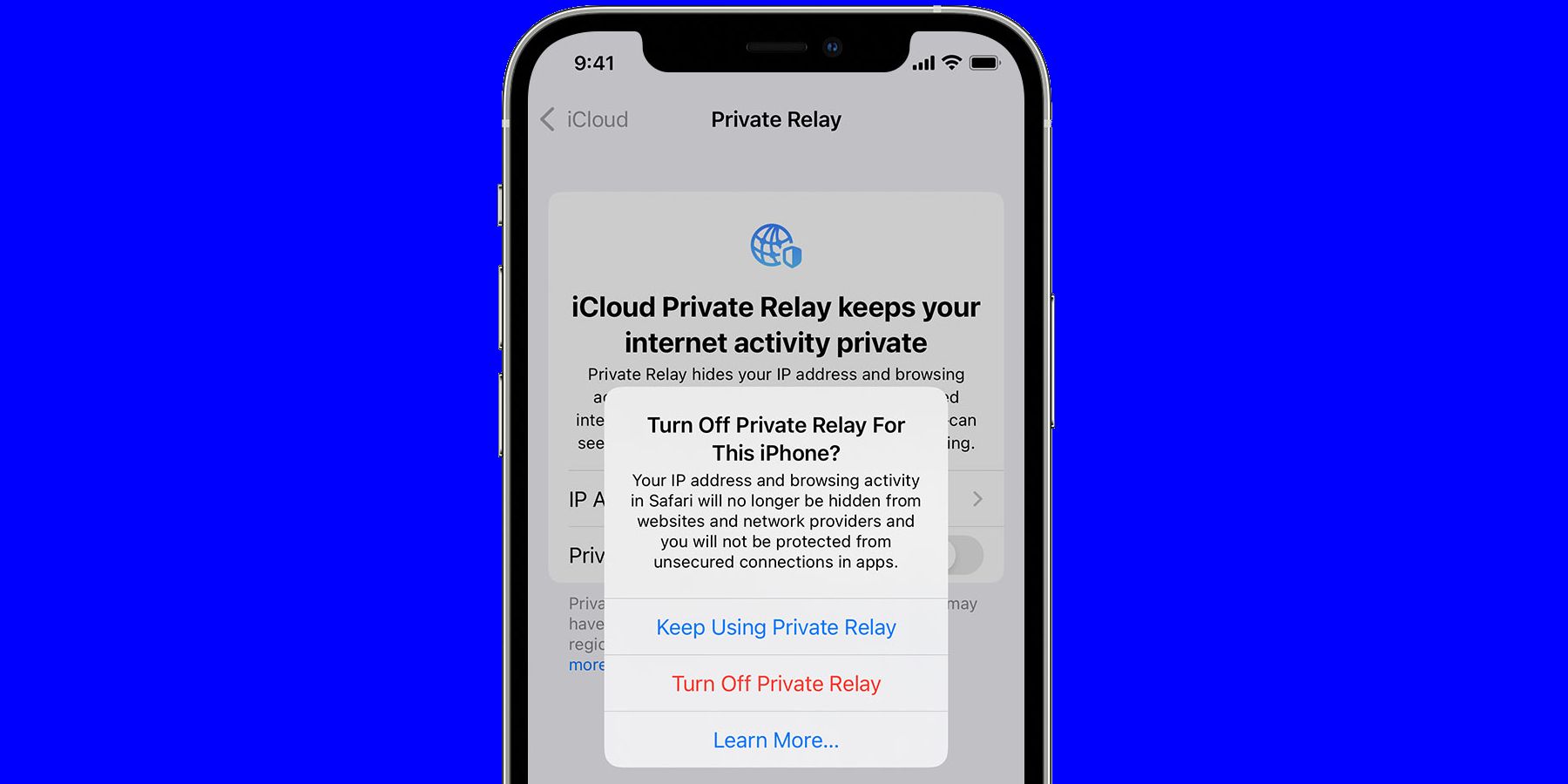It appears that some carriers are blocking Private Relay, Apple's VPN-like service that blocks internet service providers from peeping into users' browsing activity and their IP addresses. To make the distinction early on, Private Relay is not a VPN service, even though some of its core features might sound like one. A Private Relay prevents IP address tracking and encrypts DNS (domain name server) records, which means an external party can't keep a log of what websites users are visiting. A VPN service is a private network.
In a world where digital breadcrumbs left by users on the internet are highly sought after — and frequently misused — for targeted advertising, Private Relay sounds like a godsend. Neither Apple nor a service provider can build a complete user profile because each party has access to only one element out of two — IP address or website name visited by a user. This decoupling maintains some form of anonymity, although it doesn't go through the same extremes as VPNs.
However, it appears that some carriers are not too happy about the service. T-Mobile and AT&T customers have shared on Twitter that they can't enable Private Relay. In a statement shared with 9to5Mac, T-Mobile explains that customers that have enabled content filtering and blocking features such as T-Mobile Web Guard can't use Private Relay. An internal note shared by The T-Mo Report suggests that T-Mobile's Home Office Internet customers are affected as well, as it also comes with some built-in website filtering features. "Your cellular plan doesn't support iCloud Private Relay," says the warning message when affected users try to enable Private Relay. To recall, Private Relay arrived with iOS and is available with an iCloud+ subscription that starts at $0.99 per month.
Valid Concern Or Competitive Fury?
But it appears that the Private Relay blocking trend is not exclusive to the U.S. market. Carriers in the U.K. are not too happy about it either, and a group voiced its disapproval when the feature was initially announced last year. A consortium of cellular network operators in the U.K. has urged the European Commission to leash Apple's Private Relay feature. The band — which includes T-Mobile (yes, in the U.K. too), Vodafone, Orange and Telefonica — claims that Apple's product prevents them from managing their own networks and services.
"Furthermore, private relay will impair others to innovate and compete in downstream digital markets and may negatively impact operators' ability to efficiently manage telecommunication networks," says a joint letter signed by the carriers and shared by The Telegraph. The telecom operators are campaigning for Apple to get classified as a "digital gatekeeper." And that means Apple could be stopped from offering the Private Relay services as it undermines the "digital sovereignty" under the EU's tightening online privacy and antitrust laws. In addition, the carriers argue that Apple's service prevents them from implementing their own tools aimed at protecting customers from harmful content on the internet.
Sources: The T-Mo Report, 9to5Mac, The Telegraph


